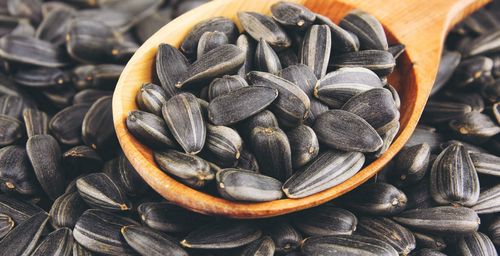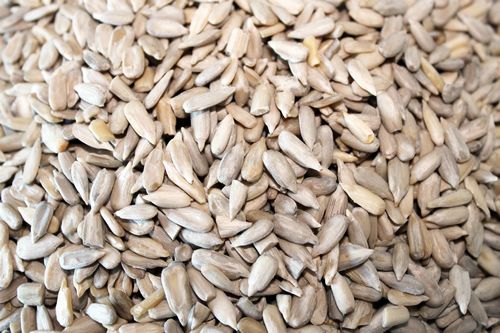
The sunflower seed is one of nature’s most nutritious foods. The sunflower has high amounts of vitamin A, E, D, and K, and all of these nutrients can be found in the seed itself. In addition to being high in vitamins, the sunflower also has a lot of essential fatty acids, which can help lower blood pressure, strengthen joints, reduce cholesterol levels, and prevent diabetes and heart disease. The sunflower seeds can be eaten whole or ground up and mixed with oils like sunflower oil or olive oil for cooking purposes.
When it comes to sunflower seeds nutrition, there are actually three major types: oleic and linoleic sunflowers, polyunsaturated and monounsaturated sunflowers, and linolenic sunflowers. Each type has its own special levels of monounsaturated and saturated fats, as well as monounsaturated and trans-fatty acids. The information in the following article focuses mainly on the linoleic sunflower seed. The sunflower seed contains mostly linolenic acid, which is also known as omega-3. Other important fatty acids include linoleic acid and eicosapentaenoic acid, both of which are considered “good” fats by the American Heart Association.
Omega-3 helps protect against inflammation, especially if you are susceptible to it. It is especially helpful for those who have arthritis and other joint disorders. Oleic acid also helps fight cancer by slowing the growth and spread of cells that produce tumor-causing chemicals. It has been shown to prevent heart disease, stroke, cataracts, and colon cancer. Some studies have even indicated that it may help prevent obesity.
There are several ways that you can get your sunflower seed nutrition. Many people prefer to use sunflower seeds for cooking, while others add them to their favorite salad dressings.
Sunflowers can be eaten raw, or you can purchase sunflowers that have been steamed and served with salad dressings. If you cook the seeds themselves, they will likely become more brittle than if you store them unripe. In general, you can either eat sunflowers whole or steam them and then cook them with any of your favorite dressings. In this way, you will get the full nutritional benefits of the seed, but you won’t have to worry about breaking them down into smaller pieces. Sunflower seed oils are very good sources of monounsaturated, which help to lower cholesterol levels and are excellent sources of antioxidants.
Sunflowers are also great source of vitamins A and E. They can also be used to make an easy homemade snack by adding them to salads, spreads, or cereals.

They can be mixed with dried fruits or granola bars. Sunflower oil is also a good source of healthy fats that can be used as cooking fat or margarine, or added to some pasta dishes.
Sunflower seed oil can also be used as a cooking fat, or you can mix it with other cooking fat in place of butter. It works well as an added flavor in many recipes. If you don’t want to add the seed, sunflower seed oil can be added to food like popcorn. instead of vegetable oil or olive oil. Instead of using oil as the main cooking fat, just combine sunflower seed oil with your favorite spread, or oil and fry in oil as a filler instead.
Sunflower seeds can be eaten as a snack without the seed. They come in small bags or in the form of a soft, mashed snack bar. They are also available in the grocery store as bagged nuts, which makes them a much healthier snack option than those that are just nuts. Sunflower seed bars, however, are harder to find, so you might have to go online to find them.
Leave a Reply